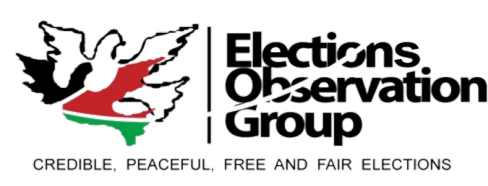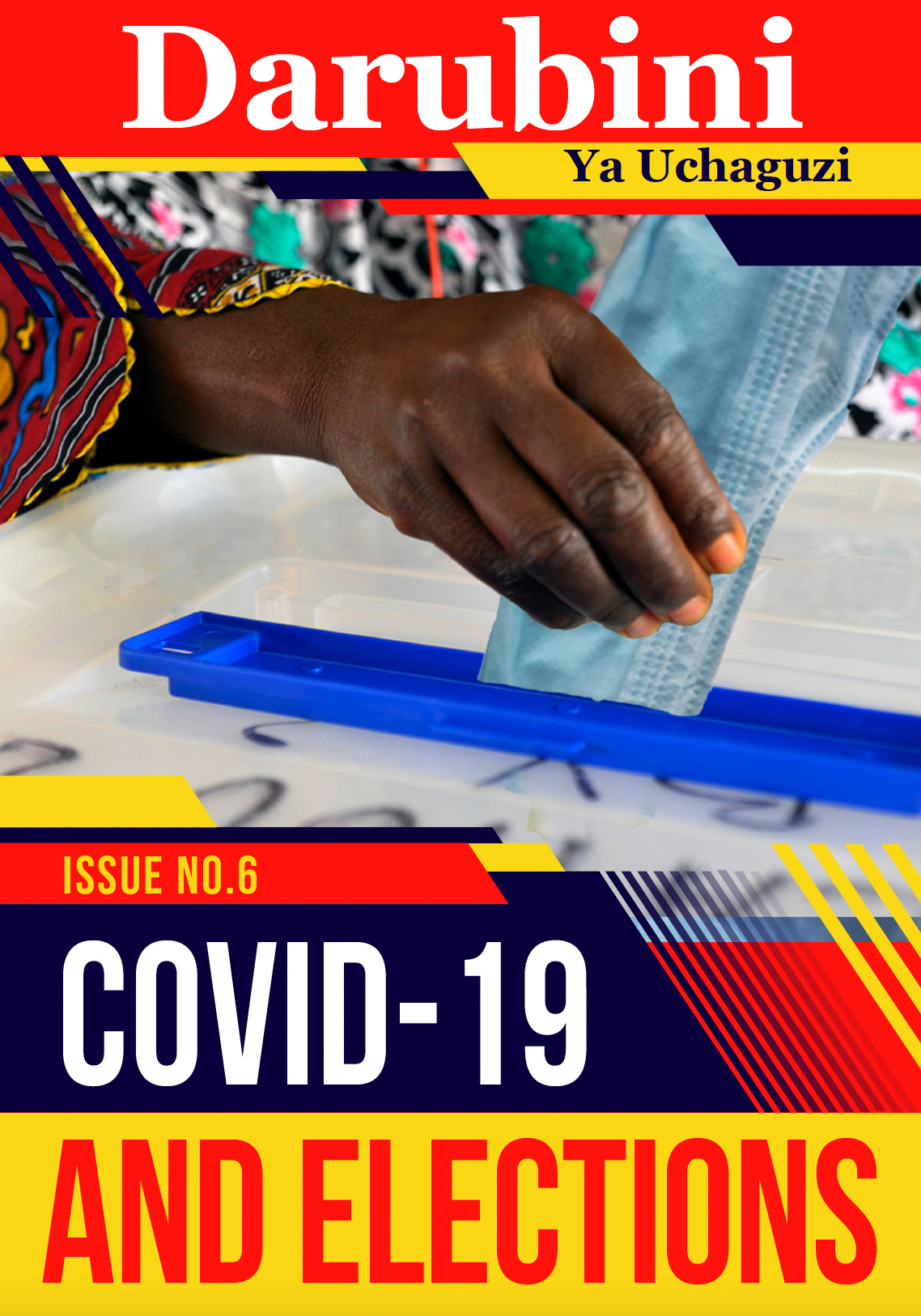Darubini Ya Uchaguzi Issue No. 6
From travel bans, social distancing to lockdowns, that is what the COVID-19 pandemic denotes for most individuals. Earlier in the year, the world was taken aback by the outbreak of the virus. Africa was initially thought to be exempt from the outbreak as by February, most African states were yet to report any cases within their borders. A few weeks later, the narrative had changed. Kenya reported its first case in March 2020. During this trying period, a new normal has developed whereby stakeholders opted to use technology as an alternative means to get work done. From hosting virtual meetings to hosting physical meetings with stringent measures set in place in response to the government directives to curb the spread of the disease, the electoral space witnessed a paradigm shift.
Electoral processes were also heavily impacted by the pandemic. In this edition of the e-newsletter, we take an in-depth look at the COVID-19 pandemic and its impact on the electoral process. Our guest column by Eric Ng’ondi features an analysis of the impact of COVID-19 on elections in our world.
Further, there is a need to rethink several things in the space of inclusivity in electoral processes. Simon Waweru makes an insightful case for redefining the inclusion and participation of persons with disabilities in Kenya compared to Nigeria.
The election cycle, which will culminate with the 2022 elections, is already in motion. Discussions need to take place to address prevalent issues that continue to plague the electoral environment. The educative piece by Eustace Kinyua on electoral violence attempts to address this by looking at the triggers and remedies thereof.
We hope you enjoy the latest issue of Darubini!


